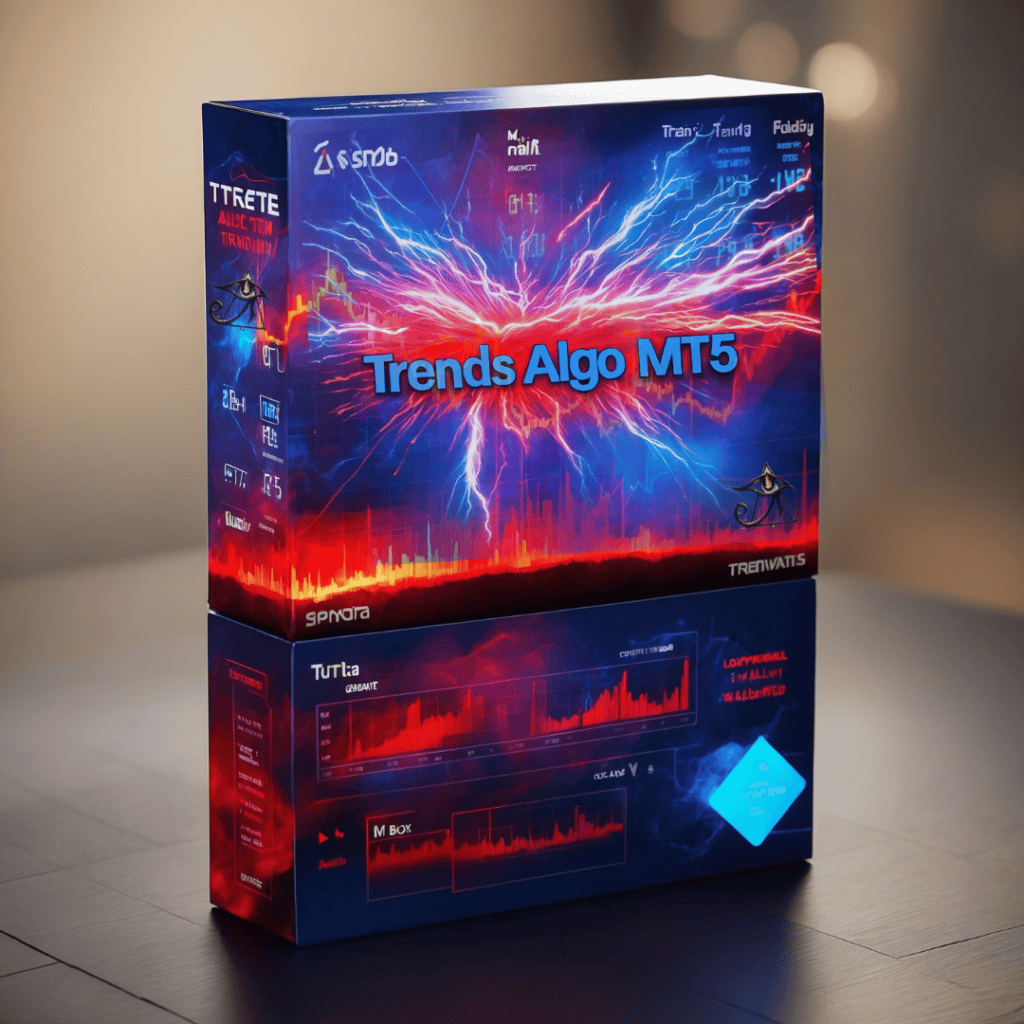As automated trading continues to grow in popularity, many traders wonder: Are trading bots legal or illegal? The short answer is trading bots are legal in most jurisdictions—but their use is subject to regulatory compliance and ethical considerations.
In this guide, we will explore the legality of trading bots, the regulations governing their use, and the potential risks involved.
1. Understanding the Legality of Trading Bots
Trading bots are legal in most financial markets, provided they operate within the rules and regulations set by exchanges, brokers, and governing bodies. These bots execute trades automatically based on predefined algorithms, eliminating emotional decision-making and improving efficiency.
However, while using a trading bot is generally legal, certain trading practices performed by bots may be illegal, particularly if they involve market manipulation.
2. When Are Trading Bots Legal?
1. Compliance with Market Regulations
Most jurisdictions allow automated trading as long as it adheres to regulatory frameworks. Reputable exchanges and brokers often provide APIs for bot trading, ensuring legal compliance.
2. Use of Approved Exchanges and Brokers
If a trading bot is used within regulated platforms that allow algorithmic trading, its operations are considered legal.
3. Transparency in Trading Practices
Legitimate trading bots follow fair trading principles and do not engage in deceptive activities.
4. Adherence to Tax and Reporting Laws
Traders using bots must report profits and comply with tax regulations set by their country’s financial authorities.
3. When Are Trading Bots Illegal?
While trading bots themselves are not illegal, certain manipulative practices using bots are considered unlawful. Here are some scenarios where trading bots cross legal boundaries:
1. Market Manipulation
Some trading bots engage in activities that distort market prices, which is illegal in most jurisdictions. Examples include:
- Spoofing: Placing large orders without the intention of execution to create artificial market demand.
- Wash Trading: Buying and selling the same asset to create a misleading impression of market activity.
2. Unauthorized Access or Hacking
Using bots to exploit vulnerabilities in an exchange’s trading system is illegal. Examples include:
- Exploiting price glitches
- Unauthorized access to trading platforms
3. Violation of Exchange Terms of Service
Some exchanges explicitly prohibit certain automated trading activities. If a bot violates an exchange’s terms, the trader’s account may be suspended or banned.
4. Insider Trading
Using a bot to execute trades based on non-public information is illegal and punishable under financial laws.
4. Regulatory Stance on Trading Bots
Different countries have varying regulations regarding automated trading. Here’s a brief overview:
United States (SEC & CFTC)
- Trading bots are legal but must comply with market regulations.
- Market manipulation via bots is strictly prohibited.
- The SEC and CFTC regulate high-frequency trading (HFT) and algorithmic trading practices.
European Union (ESMA & MiFID II)
- Algorithmic trading is legal but requires traders to register with financial authorities if they engage in high-frequency trading.
- Stricter regulations on market abuse and manipulation.
United Kingdom (FCA)
- Legal under FCA regulations as long as bots do not engage in manipulation or deceptive practices.
Asia (Japan, Singapore, China, India)
- Japan and Singapore allow trading bots under strict regulatory oversight.
- China has banned certain forms of algorithmic trading due to market manipulation concerns.
5. How to Ensure You’re Using a Legal Trading Bot
To trade legally and avoid regulatory issues, follow these best practices:
- Use Reputable Brokers and Exchanges – Ensure the platform explicitly allows trading bots.
- Understand Exchange Rules – Read and comply with the terms of service of your exchange or broker.
- Avoid Manipulative Practices – Never engage in spoofing, wash trading, or insider trading.
- Maintain Transparency – Keep records of bot activity and trading history.
- Stay Updated on Regulations – Financial regulations evolve; ensure you stay compliant with your country’s laws.
So, are trading bots legal or illegal? The answer depends on how they are used. Trading bots are legal in most jurisdictions when used ethically and in compliance with financial regulations. However, bots that engage in market manipulation, unauthorized access, or violations of exchange policies can be deemed illegal and result in penalties.
To ensure you are using a trading bot legally, always trade on regulated platforms, follow exchange rules, and avoid manipulative practices. By doing so, you can leverage the power of automation while staying within the bounds of the law.
Looking for something that's fully automated?
Unlock automated trading for MT5 with the Trends Algo EA.
With a portfolio of symbols inversely correlated coupled with filtration of market conditions, this algorithm is designed for the real market.
Kick back and relax, and let a computer work around the clock.



0 Comments